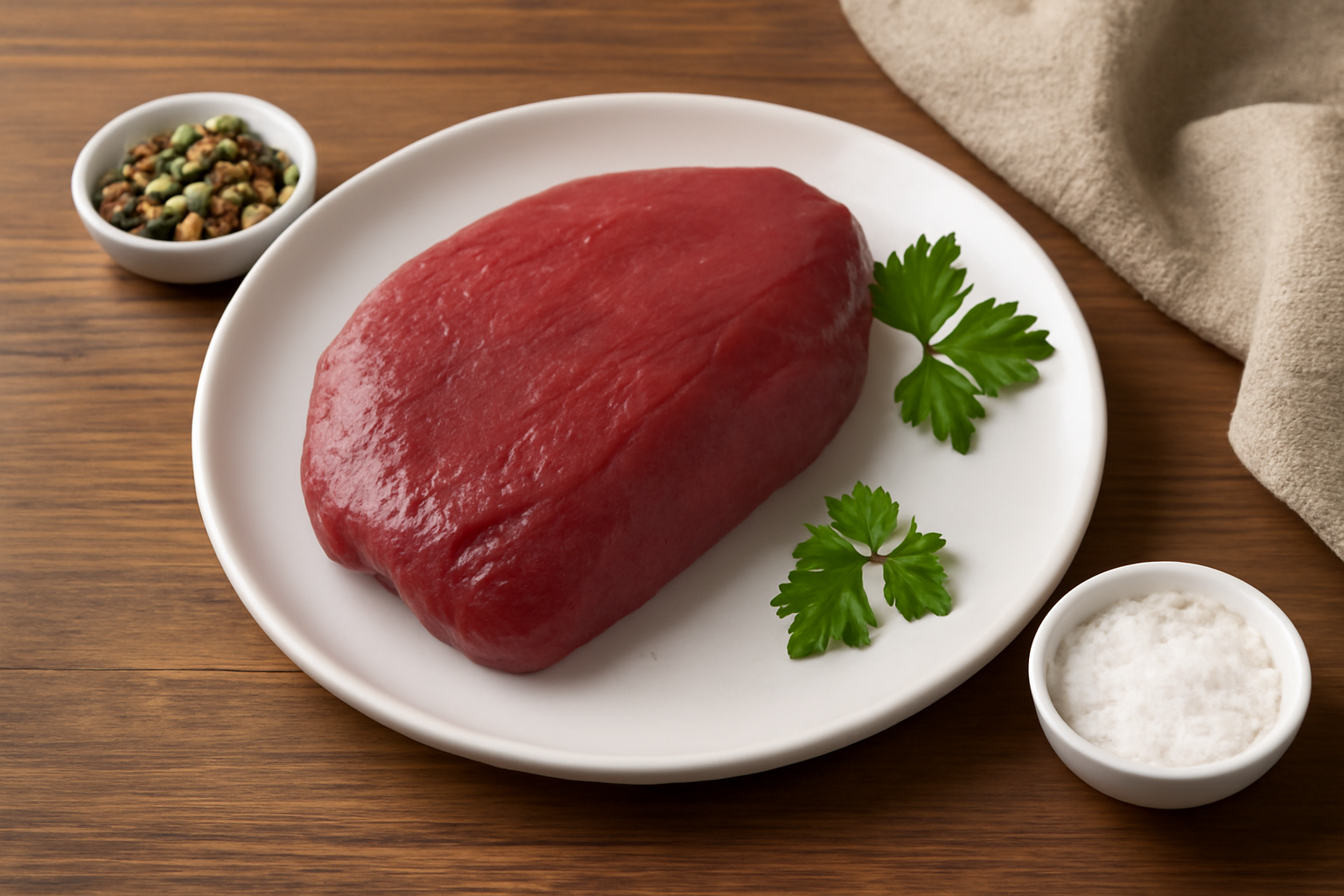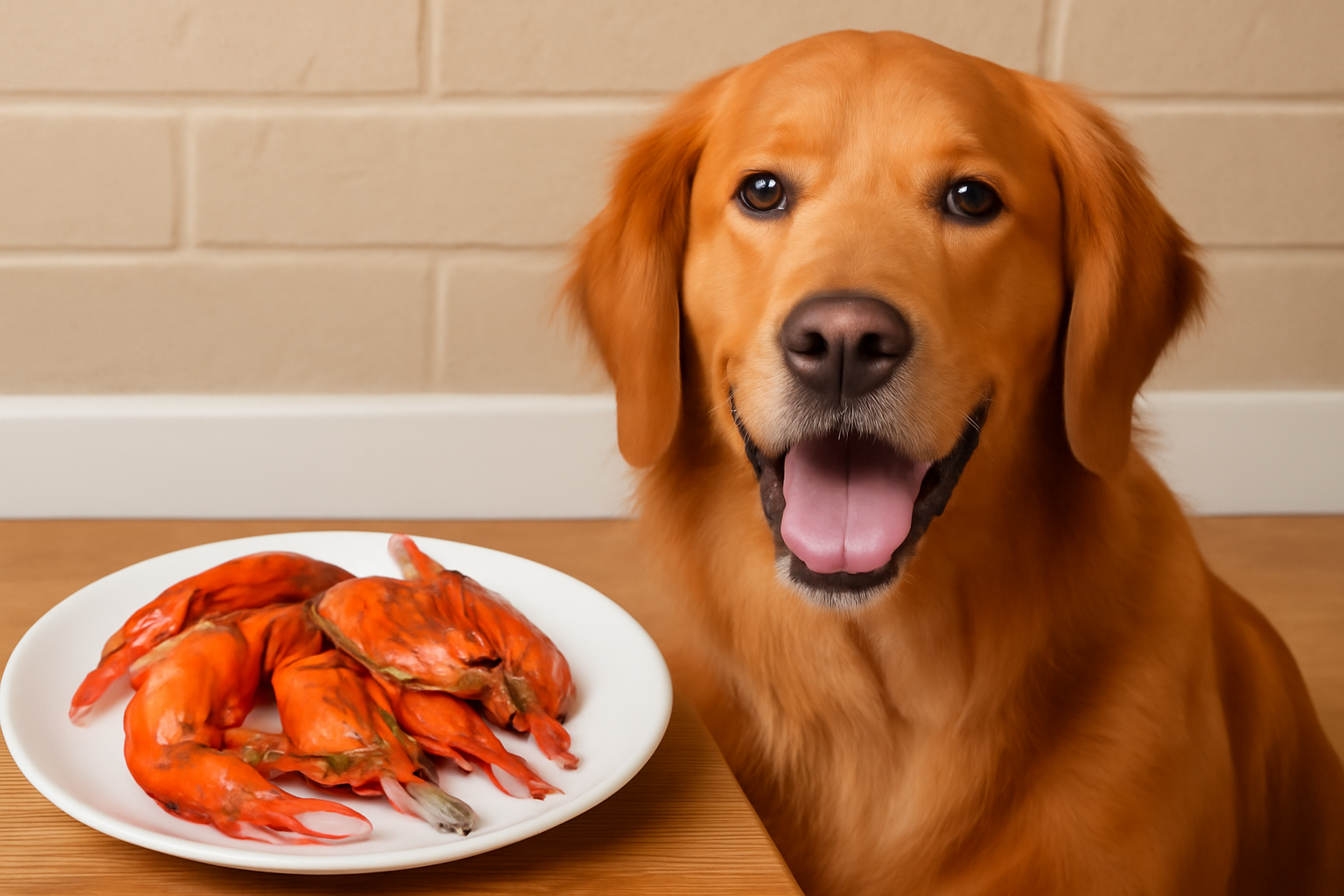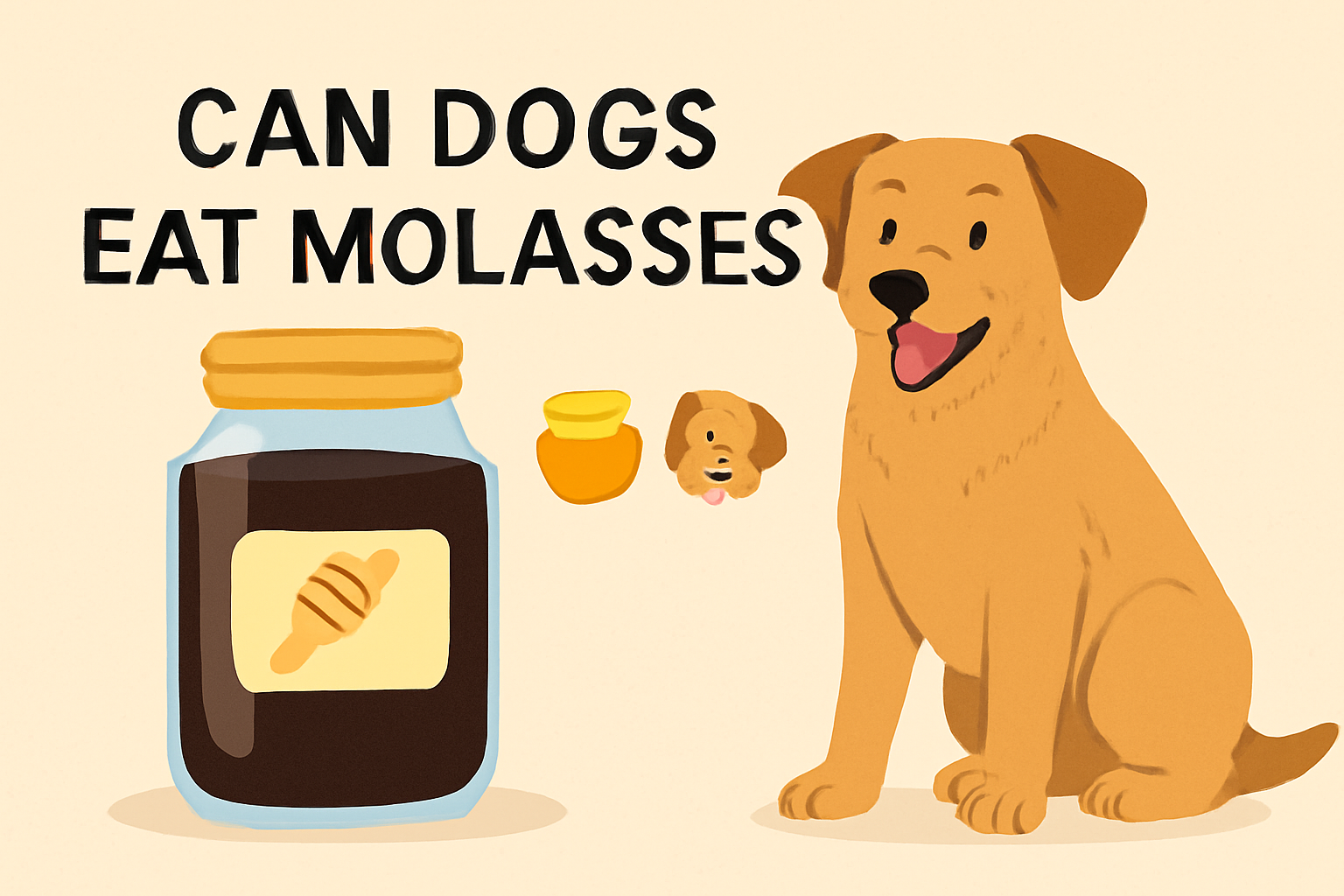Can Dogs Eat Kabocha Squash? 🐕🎃
As pet owners, we all want to give our dogs healthy and tasty treats. When it comes to fruits and vegetables, some foods are safe for dogs, while others can be harmful. One food that raises questions is kabocha squash. This bright orange, sweet squash is popular in many cuisines, especially in Japan, and is loved by many for its rich flavor and numerous health benefits. But, can dogs eat kabocha squash safely? Let’s find out!
In this article, we will explore whether dogs can eat kabocha squash, its health benefits, the best way to prepare it, and how much of it is safe to give your dog. Let’s get started! 🐾
What is Kabocha Squash? 🎃
Kabocha squash, also known as Japanese pumpkin, is a type of winter squash that has a hard, green outer skin and bright orange flesh. It is smaller than other pumpkins and has a sweet, nutty flavor. Kabocha squash is rich in fiber, vitamins, and minerals, making it a healthy addition to human diets.
In Japan, kabocha is commonly used in soups, tempura, and various other dishes. It is also enjoyed in many cultures around the world, particularly for its high nutritional content. But when it comes to dogs, can they enjoy this vegetable too? 🤔
Are Kabocha Squash Safe for Dogs? ✅
Yes, kabocha squash is safe for dogs when prepared properly. It’s actually a healthy and nutritious treat that can be beneficial for your dog’s health. However, there are a few important things to remember to ensure your dog can enjoy it safely.
Kabocha squash contains fiber, vitamin A, vitamin C, and potassium, which can help support your dog’s digestion, immune system, and overall health. However, just like with any food, it’s important to feed it in moderation. Too much of even a healthy food like squash can lead to digestive upset, so always introduce new foods slowly and observe how your dog reacts. 🍽️
Health Benefits of Kabocha Squash for Dogs 🐕💪
Kabocha squash offers several health benefits for dogs. Here’s a closer look at why it can be a great addition to your dog’s diet:
1. Supports Digestive Health 🌿
Kabocha squash is rich in fiber, which helps keep your dog’s digestive system healthy. Fiber promotes regular bowel movements, preventing constipation and helping to keep your dog’s gut in good condition. If your dog has trouble with constipation, small amounts of kabocha squash can act as a natural remedy to help them go.
2. Rich in Vitamins A and C 🍊
Vitamin A is important for your dog’s vision, immune system, and skin health. It also helps maintain healthy coat and fur. Vitamin C is an antioxidant that helps boost the immune system and protect cells from damage. Both vitamins are essential for maintaining your dog’s overall health.
3. Promotes Healthy Skin and Coat 🌟
The high vitamin A content in kabocha squash helps to keep your dog’s coat shiny and their skin healthy. If your dog has dry or itchy skin, this can be especially beneficial. Regular servings of kabocha squash can support your dog’s skin health and make their coat softer and shinier. ✨
4. Low in Calories 🍽️
Kabocha squash is relatively low in calories compared to other foods, making it a great snack for dogs who need to maintain a healthy weight. Since it is rich in fiber and water, it can fill your dog up without adding too many calories. This makes it a perfect treat for dogs who are on a diet or trying to lose weight.
5. Supports Heart Health 💖
Kabocha squash is a good source of potassium, a mineral that helps regulate heart function. Potassium also supports proper muscle function and keeps your dog’s body fluids in balance. Feeding your dog potassium-rich foods like kabocha squash can help ensure their heart stays healthy.
Nutritional Value of Kabocha Squash 🍽️
Here’s a breakdown of the nutritional value of 100 grams of cooked kabocha squash:
| Nutrient | Amount per 100g |
|---|---|
| Calories | 45 kcal |
| Protein | 1.0 g |
| Fat | 0.1 g |
| Carbohydrates | 10.0 g |
| Fiber | 1.0 g |
| Vitamin A | 3,130 IU (63% DV) |
| Vitamin C | 18.0 mg (30% DV) |
| Potassium | 340 mg |
| Calcium | 20 mg |
| Magnesium | 20 mg |
As you can see, kabocha squash is a low-calorie, high-fiber food with a good amount of vitamin A, vitamin C, and potassium. It’s a great addition to your dog’s diet if you want to provide them with a healthy snack that supports digestion, heart health, and immune function.
How to Serve Kabocha Squash to Dogs 🍴
To make sure your dog can safely enjoy kabocha squash, here’s how to prepare and serve it:
1. Cook the Squash 🔥
Raw kabocha squash can be difficult for dogs to digest and may contain harmful bacteria. Always cook the squash before feeding it to your dog. You can steam, boil, or bake it. Avoid adding any salt, spices, or butter, as these can be harmful to dogs.
2. Remove the Skin and Seeds 🚫
The skin of the kabocha squash is tough and hard for dogs to digest. Always peel the skin off before serving it to your dog. Also, make sure to remove the seeds, as they could be a choking hazard or cause digestive issues.
3. Mash or Cut into Small Pieces 🍴
To make it easier for your dog to eat, you can mash or cut the squash into small, bite-sized pieces. This is especially important for small dogs or older dogs who may have difficulty chewing.
4. Serve in Moderation 🍽️
While kabocha squash is healthy, it’s best to serve it in moderation. Too much squash can cause gas, diarrhea, or an upset stomach due to the fiber content. Start with small amounts and gradually increase the portion size over time.
Potential Risks of Kabocha Squash for Dogs ⚠️
Although kabocha squash is generally safe for dogs, there are a few risks to be aware of:
1. Digestive Upset 🍽️
If your dog eats too much kabocha squash, it may experience gas, diarrhea, or an upset stomach due to the high fiber content. Always start with small amounts and monitor your dog’s reaction.
2. Choking Hazard ⚠️
As with any food, make sure the squash is properly cut into small, manageable pieces before feeding it to your dog. Large chunks of squash can be a choking hazard, especially for smaller dogs.
3. Allergic Reactions 🚨
Though rare, some dogs may have food allergies to certain vegetables, including squash. Always introduce kabocha squash slowly and watch for any signs of an allergic reaction, such as itching, swelling, or vomiting.
Can Kabocha Squash Be Used as a Dog Treat? 🎉
Yes! Kabocha squash can be a healthy treat for your dog. You can add small portions to their meals or serve it as an occasional snack. Since it’s low in calories and high in fiber, kabocha squash is a great treat for dogs who are on a diet or need to lose weight. Just remember that treats should make up no more than 10% of your dog’s daily food intake.
FAQ: Frequently Asked Questions ❓
1. Can puppies eat kabocha squash? 🐶
Yes, puppies can eat kabocha squash, but it should be introduced in small amounts. Puppies have sensitive stomachs, so start slow and observe for any signs of digestive upset.
2. Can dogs with sensitive stomachs eat kabocha squash? 🍽️
Yes, the fiber in kabocha squash can help dogs with sensitive stomachs. However, it’s always a good idea to consult your vet if your dog has a specific digestive condition before introducing new foods.
3. Can I feed my dog kabocha squash every day? 🍲
No, kabocha squash should be fed as an occasional treat, not a daily food. Too much fiber can cause digestive upset, so moderation is key.
4. Can kabocha squash help my dog lose weight? 🏃♂️
Yes! Kabocha squash is low in calories and high in fiber, making it an excellent treat for dogs that need to lose weight. It can help your dog feel full without adding too many calories.
5. Is kabocha squash good for my dog’s coat? ✨
Yes, kabocha squash is rich in vitamin A, which is great for maintaining a healthy coat. Feeding it to your dog can help improve skin and coat health.
Conclusion: Is Kabocha Squash a Good Food for Dogs? 🎉
In conclusion, kabocha squash is a safe and healthy treat for dogs when prepared correctly. It’s rich in fiber, vitamins, and minerals that support your dog’s digestion, immune system, heart health, and skin health. Always cook the squash, remove the skin and seeds, and serve it in moderation.
By following these guidelines, you can safely introduce kabocha squash as an occasional snack or addition to your dog’s meals. As always, consult your veterinarian if you have any concerns about your dog’s diet or if you’re introducing a new food.
Happy feeding! 🐾💚




